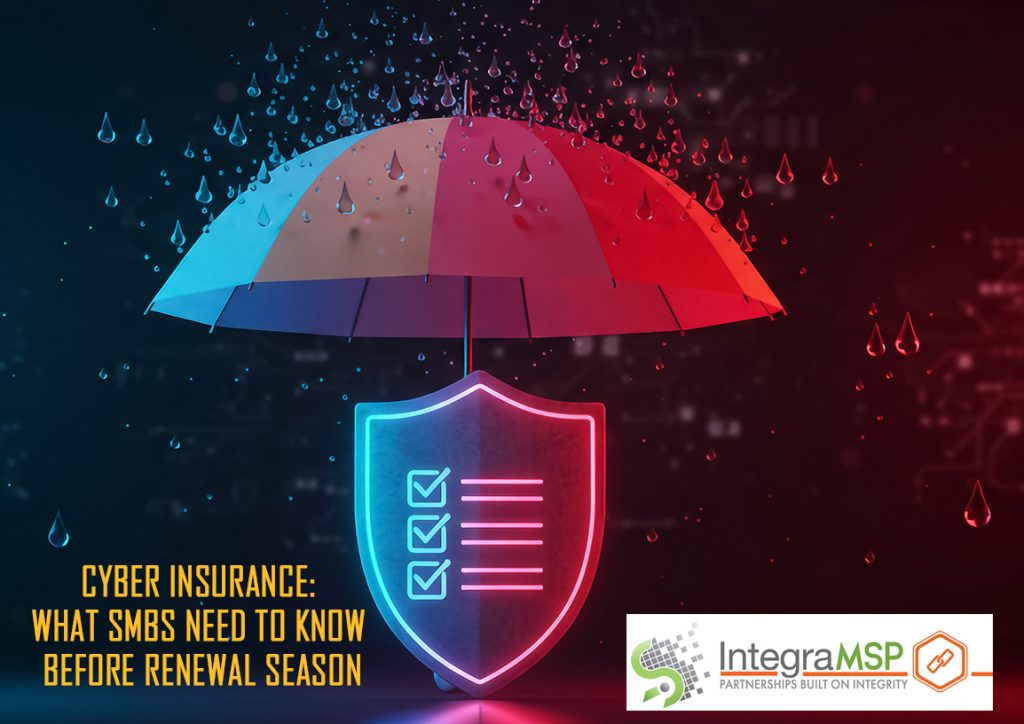
Cyber insurance is no longer a “nice to have” — for many SMBs, it’s a requirement to stay operational, win contracts, or even keep current clients. But as renewal season approaches, business owners are learning the hard way that policies are changing. Premiums are rising, exclusions are tightening, and in some cases, coverage is being denied outright.
This shift isn’t random. Insurers are under pressure to reduce payouts, and that means demanding proof of stronger cybersecurity controls. That’s why knowing what partners like TechRug require before issuing or renewing coverage can save your business both headaches and budget shocks.
The Rise of Dual Claim Coverage
One of the key innovations in TechRug’s program is the introduction of dual claim coverage. Under this model, both the MSP (your technology provider) and you, the client, are covered directly in the event of a breach.
Why does this matter? Traditional policies often only cover the client, leaving gray areas about responsibility. That ambiguity can delay payouts or even result in denied claims. Dual claim coverage reduces that risk, aligning your provider and insurer with your business so claims are settled faster and with less friction.
What Insurers Are Demanding
Across the industry — and especially within TechRug’s program — there are clear minimum requirements most SMBs must meet before renewal. These include:
- Multi-Factor Authentication (MFA) on accounts and systems
- Regular patching of operating systems and software
- Verified backups and a tested disaster recovery plan
- Network monitoring and intrusion detection tools
- Documented security policies, assessments, and remediation steps
- Transparency into your IT environment: who manages what, and which tools are in use
Failing to meet these standards could mean higher premiums or even ineligibility for coverage. Meeting them, on the other hand, doesn’t just secure your insurance — it improves your operational resilience.
The Budget Impact
Cyber insurance isn’t cheap, but investing in the right security controls pays off. Companies that demonstrate strong MFA adoption, reliable backups, and proven patch management often qualify for better premiums.
TechRug notes that businesses adopting their dual claim model can not only improve coverage clarity but may also avoid premium hikes, since insurers are more confident in both the provider’s and client’s protections. In other words, security improvements don’t just defend your data — they defend your budget.
Your Renewal Checklist
Before you sign your renewal papers, take three steps:
- Ask your insurer or MSP which of the above controls you meet — and where you’re falling short.
- Document what’s in place. Log MFA activations, patch cycles, and backup testing results.
- Budget to close the gaps. Even small improvements can mean lower premiums and fewer exclusions.
Conclusion
Cyber insurance shouldn’t be an afterthought. It’s a financial safeguard — but only if your business qualifies and your policy truly covers what you need. With TechRug’s dual claim coverage and a clear understanding of insurer requirements, SMBs can walk into renewal season prepared, protected, and positioned for better rates.
Don’t treat cyber insurance as just another box to check. Treat it as part of your broader budget strategy — because in today’s environment, prevention plus coverage is the smartest investment you can make.
If you want to know more about cyber insurance and how we can help - contact us here



